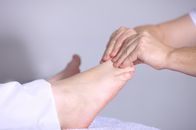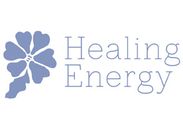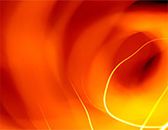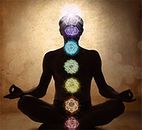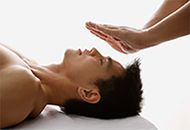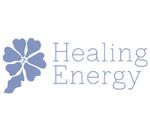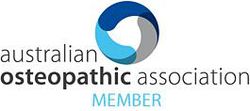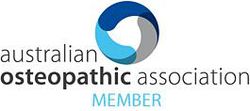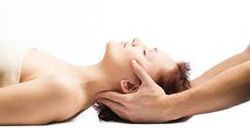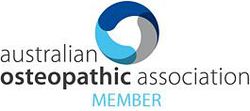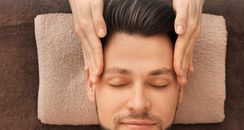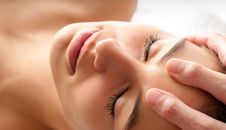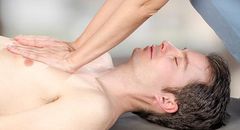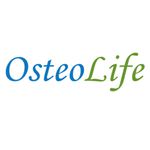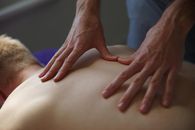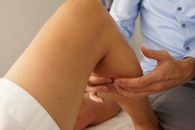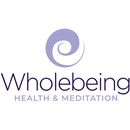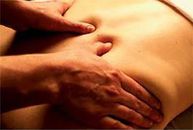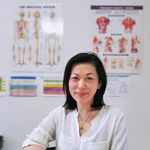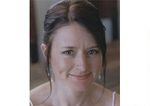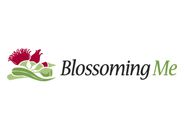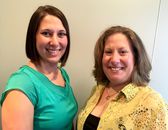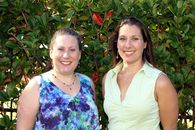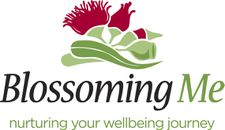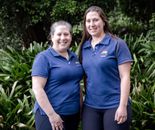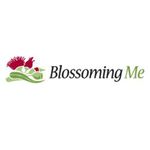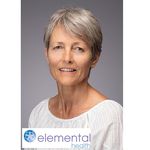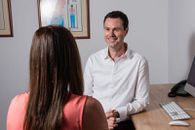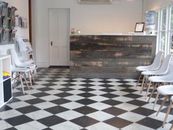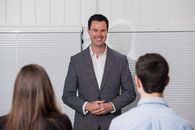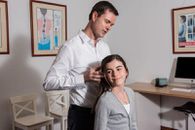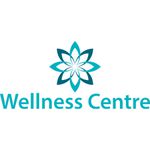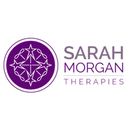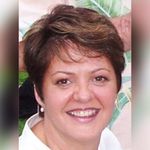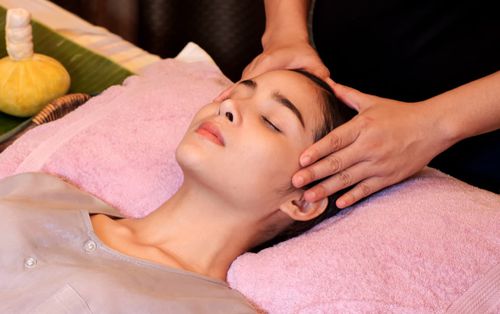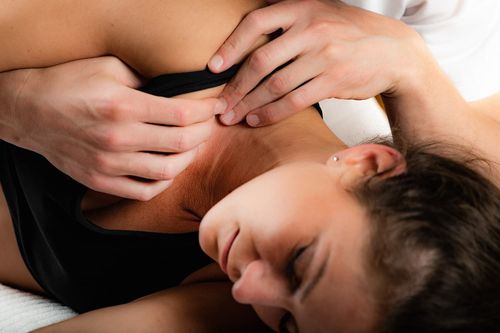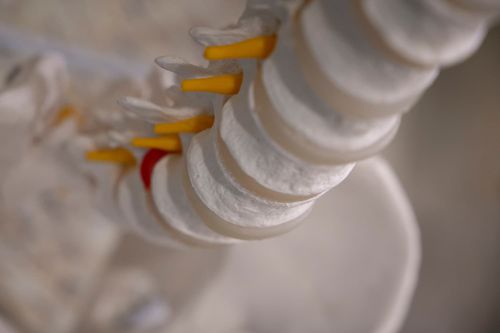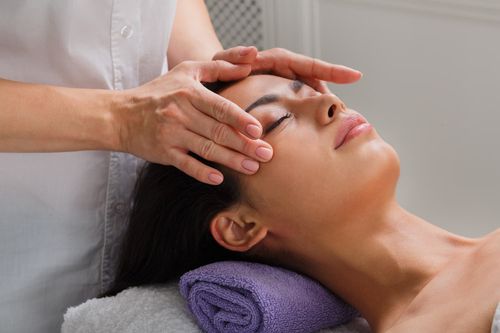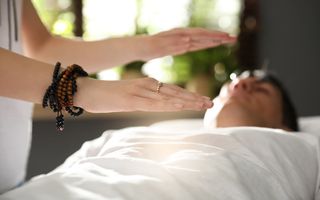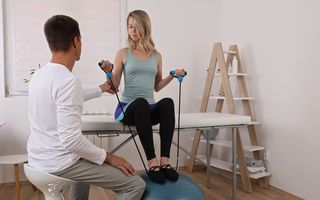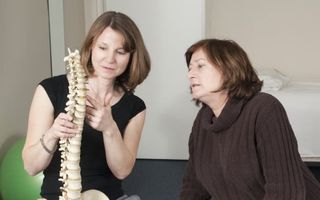What is Craniosacral Therapy?
Created by Dr William Sutherland in the 1930s, craniosacral therapy (CST) is a gentle manual therapy that uses light touch to help release tension in the head and neck. It is said to improve the function of the craniosacral system, which is made up of the brain, spinal cord and cerebrospinal fluid. CST is a mild therapeutic method for assisting the body in relaxing by releasing tissue restrictions, restoring the body's natural rhythms, and soothing the nervous system.
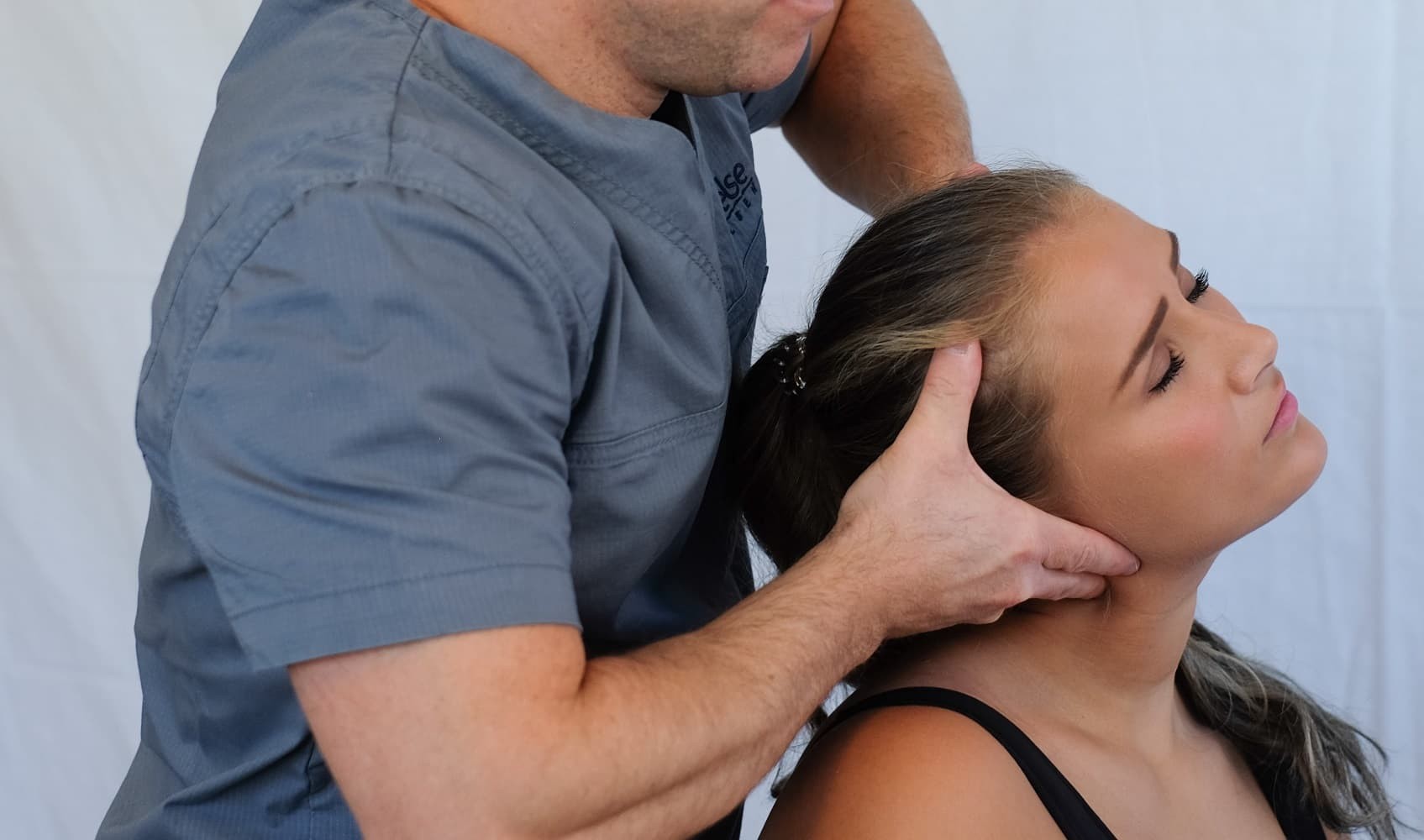
What are the Benefits of Craniosacral Therapy?
Craniosacral therapy has been shown to be effective in the treatment of a wide range of conditions. It helps to calm the nervous system and relieve pain and discomfort by slowing the heart rate and breathing. The following are just a few of the many conditions that can benefit from craniosacral therapy:
- Tension headaches and migraines
- TMJ dysfunction
- Neck pain
- Backaches
- Stress
- Sinus
- Fibromyalgia
- ADHD
- Arthritis
- Digestive disorders
- Alzheimer's disease and other neurodegenerative diseases
How Much Does Craniosacral Therapy Cost in Sydney?
The cost of craniosacral therapy sessions in Sydney vary depending on the therapist. Most therapists charge between $130 and $200 per session. Sessions usually last 45 minutes to an hour and a half. CST is covered by most private health funds.
How Many Practitioners of Craniosacral Therapy Work in Sydney?
As craniosacral therapy grows more popular in Sydney, the number of practitioners is projected to increase in the years to come. There are hundreds of qualified therapists in the city, including osteopaths, massage therapists, physical therapists and other health practitioners, who use CST as an integral part of their treatment strategy for a wide range of health issues.
What's the Demand for Craniosacral Therapy in Sydney?
Because there are so many health problems that craniosacral therapy can treat with little to no side effects, its prevalence in Sydney is very high. Research shows that craniosacral therapists in Sydney treat more than 100 people each day, making this type of service one of the most popular forms of complementary therapy currently available.
